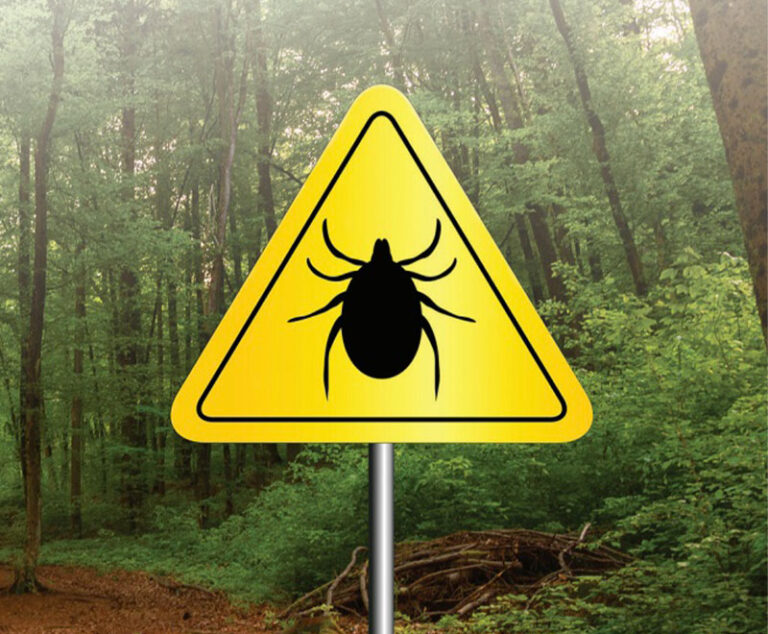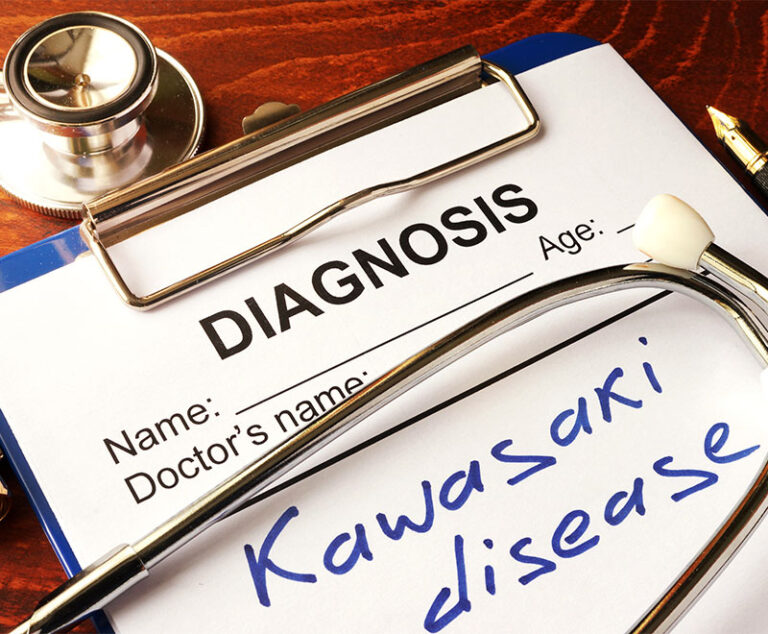Industry Insight
Information, Observation & Analysis
With 16 FVIII products now approved for the treatment of hemophilia A, many patients with this disease are now able to live a normal life.
Lyme disease is a rare disease that can cause long-term damage thanks to delayed and missed diagnoses — but it may soon have a vaccine.
Educating physicians about this not-so-rare disease can curtail lifelong consequences that can occur if not diagnosed and treated early.
A number of promising new agents in the R&D pipeline are likely to be approved in the very near future, expanding an already impressive range of treatment options — while further increasing the complexity of the HAE management decision process.
New research showing the therapeutic benefit of immune globulin for treating a variety of autoimmune diseases is contributing to market growth of this essential medicine.
The accomplishments of AI in the healthcare sector are impressive, but as AI continues to improve patient care and enhance provider skills, addressing its challenges will be critical.
With almost a quarter of women receiving inadequate prenatal care in the U.S., more needs to be done to inform women about the myths surrounding this essential healthcare service.
Affecting more than 100,000 American children and adults, sickle cell disease is an inherited hemoglobinopathy that results when a single-nucleotide mutation in the ß-globin gene yields an abnormal “sickle” hemoglobin (HbS). Now, these patients may be eligible for a one-time gene therapy that offers the potential of a durable functional cure by eliminating severe VOCs and associated hospitalizations.
Touted as a more natural approach to hormone replacement therapy, this plant-based anti-aging remedy has evolved from an unregulated safety concern to a mainstay of modern medicine.
Menopause is a normal, natural event in every woman’s life, but it can cause a variety of uncomfortable symptoms. New therapies show promise for bringing relief and an improved quality of life.
For patients with genetic disease, recent evolution of and FDA approval for gene therapies are transforming care and turning an ambitious dream into a life-changing reality. But getting affordable treatments to patients safely and efficiently remains a challenge.
The future of healthcare is being driven by digital transformations and emerging technology that provide preventive, personalized and predictive medicine.












